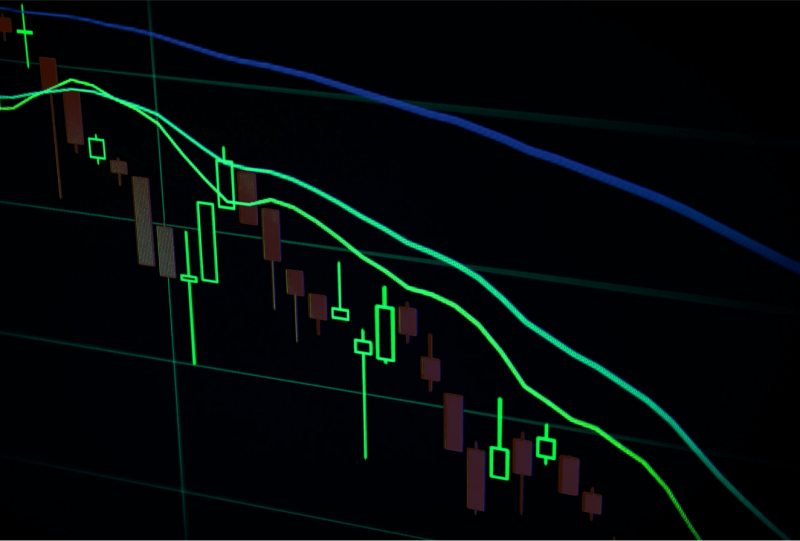Tesla Price Reductions for EVs Ignite Bull-Bear Debate on Wall Street
Jan 22, 2023

Tesla lowered prices considerably this month in the United States and beyond. There is no agreement on Wall Street about how this will impact profits or the company's stock. However, the one thing that all analysts agree on is that Tesla will sell more EVs.
On Wednesday evening, Piper Sandler strategist Alexander Potter reduced his price target for Tesla shares from $340 to $300 while maintaining a Buy rating. One explanation for why he is bullish on the stock is because, with reduced pricing, Tesla can increase supply numbers by more than 50% this new year.
In 2022, Tesla shipped more than 1.3 million EVs. Before the price reductions, Wall Street expected around 1.8 million units to be sold in 2023. Sales expectations have already risen to 1.9 million units, representing a 45% increase from 2022.
In fact, the estimate now ranges between 1.7 million and 2.1 million.
Even with larger supply volumes, the reduced prices might lead to fairly low company profits if expenses do not match revenues. However, as Potter noted in his report, he "wouldn't be surprised" if profit margins were higher than predicted.
According to FactSet, Wall Street now forecasts 2023 operating profits of around 17.2%. This contrasts with previous estimates of around 19.8% before the price reductions were revealed.
Operating profit margins for Tesla are expected to reach 17.3% in 2022. On January 25, the fourth-quarter results will be released. The operating profit margin for the fourth quarter is expected to be 18.3%.
Reduced operational profit and profit margin expectations for the current year have contributed to lower earnings-per-share expectations. Wall Street now forecasts earnings per share of around $4.85 in 2023, which is lower than the $5.50 forecast before the price decrease.
Earnings-per-share expectations for 2023 vary from around $3 to $8, lower than the range of $4 to $8 before the price decreases. According to FactSet, 26 out of 40 experts have reduced their expectations in recent weeks. The top estimates are stale.
Finally, target prices have fallen in line with earnings projections and share prices. With Potter's reduction, the average expert price target is now around $214, about $100 less than three months ago.
The highest price targets are around $300, similar to Potter's. Even before the price cuts, New Street Research researcher Pierre Ferragu had the highest analyst price target. His previous target was $530 per share, but he reduced it to $320 earlier this January.
The minimum price targets are in the $85 area. The low-to-high gap is now almost $230 — nearly 200% of Tesla's current share price. For Toyota Motor shares, for example, the bull-bear gap is 50% of the current market price.
On Wall Street, Tesla continues to be a controversial stock. There is not much agreement among analysts about the company.
Tesla stock has gained roughly 4.3% since the price reductions made in the United States around January 12. Over that period, the S&P 500 and Nasdaq Composite fell 1.3% and 0.4%, respectively.
Tesla's success shows that investors were prepared despite Wall Street's projections.




